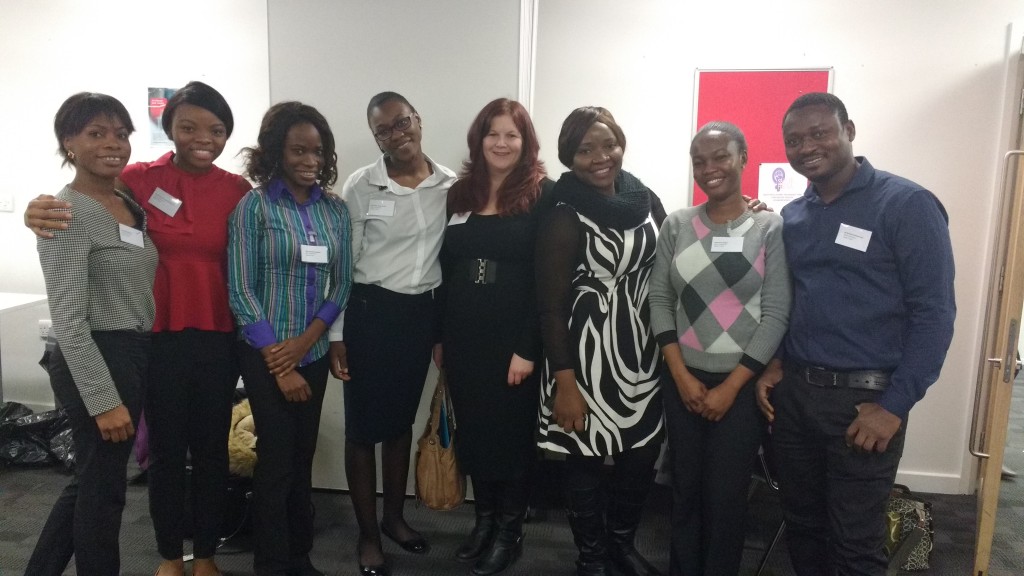By Anna Cooper, Jess Brooke and Penny Cook
On the 27th January over 200 people congregated at the University of Salford for the MECC conference run by Health Education England with support from Public Health England. The conference started off with a welcome and a bit of a dance (as we are told is tradition in some other conferences), but it proved to set the scene for what was an informative but also welcoming event. Sir Stephen Moss in his forward outlines MECC as ‘enables the systematic delivery of consistent and simple lifestyle advice, helping people to make positive changes that will improve their health and wellbeing.’
To start there was a bit of a race through some of the evidence, policy and local level examples of MECC. Shirley Cramer outlined the definition of the wider workforce and next steps, but also the importance of the workers’ situation in the community that they serve, while Sir Stephen Moss talked about changing the culture to embed MECC into everyday practice. Dr Charles Alessi reiterated the important message of ‘don’t let there be more missed opportunities when we could be doing something’. Dr Paul Chadwick reminded us that we need to reflect on our own behaviour and motivations as health practitioners, since MECC relies on us having the confidence to raise sensitive issues. A challenge of MECC is gaining consistent evaluation to explore the impact due to the diverse nature and content on the brief interventions; what is clear is that it can impact communities – as shown by Professor Kate Arden in Wigan.
The keynote session was followed with presentations on examples of tools kits, those produced at both a local and national level. There were examples provided by Claire Cheminade, the Public Health Wider Workforce lead in Wessex and Sally James the Public Health Workforce Specialist for the west midlands, which showed how MECC is embedded across all areas right from training of the new workforce. Nigel Smith and Mandy Harling used the session to help launch the ‘MECC: quality checklist for training resources’ and ‘MECC: implementation guide’, developed by Public Health England and Health Education England.
On breaking out for the session before and after lunch there was a chance to hear about more examples, but also look at settings and behaviour change, to help with understanding the theory and practice. During lunch there was an opportunity to take a seat in the MECC cinema where a short film was shown which illustrated different people who have undertaken MECC training and put it into practice successfully. In the afternoon, one of the workshops, titled ‘NICE Guidelines and Behaviour Change Approaches’ was led by Dr Paul Chadwick. This included an interesting lecture and some useful group work. It enabled attendees to consider how their own behaviour and beliefs could impact on the implementation of MECC in their setting.
As part of @SalfordPH involvement throughout the day, eight of the MSc public health students (as pictured below), were on hand to support the event staff and delegates with their day. Additionally Penny and Anna chaired the initial sessions around “what the system is saying about MECC and why it is important” and “Implementing MECC”.

This also provided our students with the chance to hear from some leading experts in this area and be able to hear examples of how what we talk about in lectures relates to worked examples. Our thanks go to each of the students for taking the time to support the day.
Although MECC is going through a difficult time in many local areas in relation to funding, it is clear from this day there are many people who carry out the premise of MECC in their everyday working and it is something we can all be more aware of doing.

